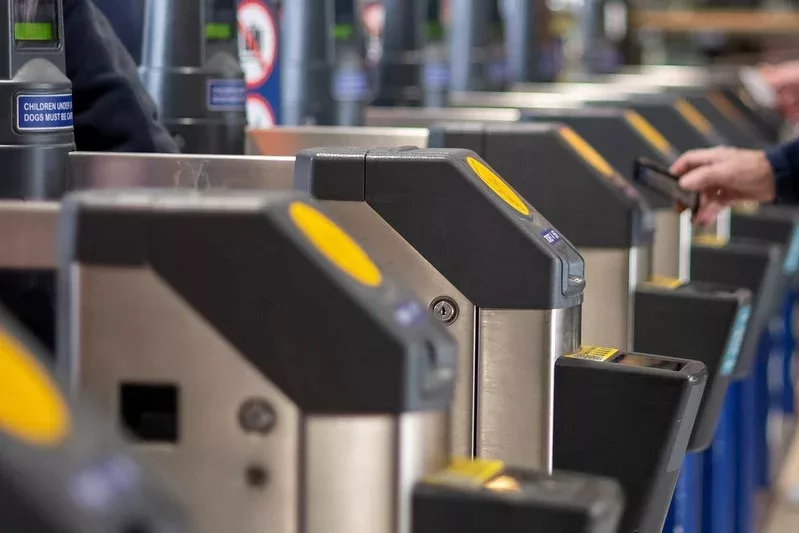Research suggests rail industry’s post-covid recovery gathering pace but underlines need for reform
People are eager to travel more by train for both work and leisure as the post-covid recovery continues – but the sector must respond to changing travel patterns, latest industry research suggests.
Although taxpayers ploughed in more than double the revenue raised from customers in 2021/22, passenger numbers and – to a lesser extent revenues – have risen over the last year. The latest research suggests this upward curve will continue, with commuters and business travelers expecting to make more rail journeys over the next three months. That would boost an industry renaissance that has so far been led by people traveling for leisure.
The research reveals an enduring enthusiasm for rail travel – suggesting the industry has a bright future if it can reshape services to better meet customer needs. Rail companies are doing that by seeking reforms in working practices that will, for example, ensure more reliable weekend services.
Some 37% of current customers plan to use the railway more in the next three months; just 9% expect to make fewer train journeys.
This anticipated rise in rail journeys is particularly pronounced amongst current commuter and business customers. Half of current commuter passengers expect to increase their use of rail over the next three months – partly driven by changing expectations around working in the office rather than at home as employers move towards ‘guided flexibility’ appoaches.
However, both current rail customers and people who choose alternative forms of transport say the long-running rail strikes will affect their travel choices over the next three months. The data confirms fears that the industrial action by the RMT and ASLEF is damaging the post-pandemic recovery and threatening the industry’s future.
Rail’s reputation as the green travel option underpins the enduring allure of train travel. Some 82% of current customers said choosing an environmentally-friendly mode of transport was ‘very’ or ‘fairly important’ to them.
Rail Delivery Group Chief Executive Jacqueline Starr said: “The rail industry was hit hard by the pandemic but train companies are responding to the evolving travel needs of existing customers and potential new ones. People clearly recognise that rail is the green transport choice for the future. The industry is innovating and working with our partners to make it the obvious travel option in a society transformed by covid.
“We can see that despite the challenges the industry is facing, there is potential for growth, but only if we can bring forward long overdue changes to ways of working that allow us to respond to the needs of our customers, providing more reliable and regular weekend services for leisure travelers.”
Meanwhile, innovation around ticketing already underway in some parts of the industry, the research suggests, could reap rewards by increasing journey numbers. Special offers and more flexible tickets were identified by around two-thirds of people as measures that would increase their use of rail.
As part of its post-pandemic strategy, the industry has expanded the use of the Pay As You Go arrangements deployed by city-based transport services, such as the London Underground. Individual companies are also innovating: for example, Southern is offering discounted fares on Mondays and Fridays while South Western Railway has developed a loyalty scheme.
























